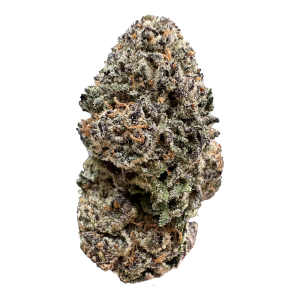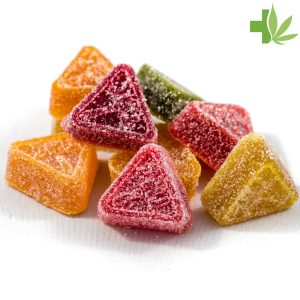According to the Canadian Sleep Society… “Insomnia is a condition that involves dissatisfaction with sleep quality or duration, along with problems falling asleep at bedtime, waking up in the middle of the night, or awakening too early in the morning. Insomnia becomes a clinical problem when a person experiences trouble falling or staying asleep several nights per week and these difficulties cause distress or impairments of daytime functioning such as fatigue, decreased energy, mood disturbances, or concentration problems.
About 10% of the adult population in Canada experience persistent insomnia and an additional 20% to 25% reports occasional insomnia symptoms. Insomnia can be a problem in children, adolescents and adults. It is more common among women, older adults, shift workers, and people with medical or psychological problems. To treat insomnia pharmaceutical medications such as zolpidem, zopiclone, temazepam may be prescribed, but these are not without drawbacks. These medications should be used only for a short period of time (ideally no more than a few nights or weeks because they may produce dependency when used on a nightly basis over a prolonged period of time.
Did you know that Medicinal Cannabis is a very effective sleep aid? Although cannabis has been used for thousands of years for a wide variety of conditions, it was prescribed in the United States as recently as the early 20th century, prior to federal-level prohibition in 1937. In the 19th century, Dr. William O’Shaugnessy recommended to his fellow physicians and patients the use of cannabis for the treatment of insomnia (something he learned about in India). To read full Insomnia and Medical Marijuana article click here
THC is known for its powerful sedative properties. It interacts with receptors found in the brain which affect the sleep and wake cycle, so using THC-rich cannabis products will quickly make you feel drowsy and sleepy. Additionally, THC may help you fall asleep faster and reduce REM sleep, the sleep stage where we dream. This is beneficial for people suffering from PTSD, anxiety, or who tend to have nightmares that make it difficult to get good rest.
On the other hand, CBD is known for its analgesic and sedative properties especially for people who have anxiety and depression. CBD-rich products may be best-suited for individuals who have a hard time falling asleep because of these pre-existing conditions since it helps alleviate the symptoms that lead to insomnia in the first place. Additionally, using CBD regularly can also help stabilize your sleep patterns. To read full Cannabis.net article click here
Sources:
Insomnia and Medical Marijuana
THC or CBD For Sleep Issues?
Studies:1981 NCBI
The American Society for Pharmacology and Experimental Therapeutics
Pharmacological Review, 1986, Vol. 38, No. 1
2010 NCBI



